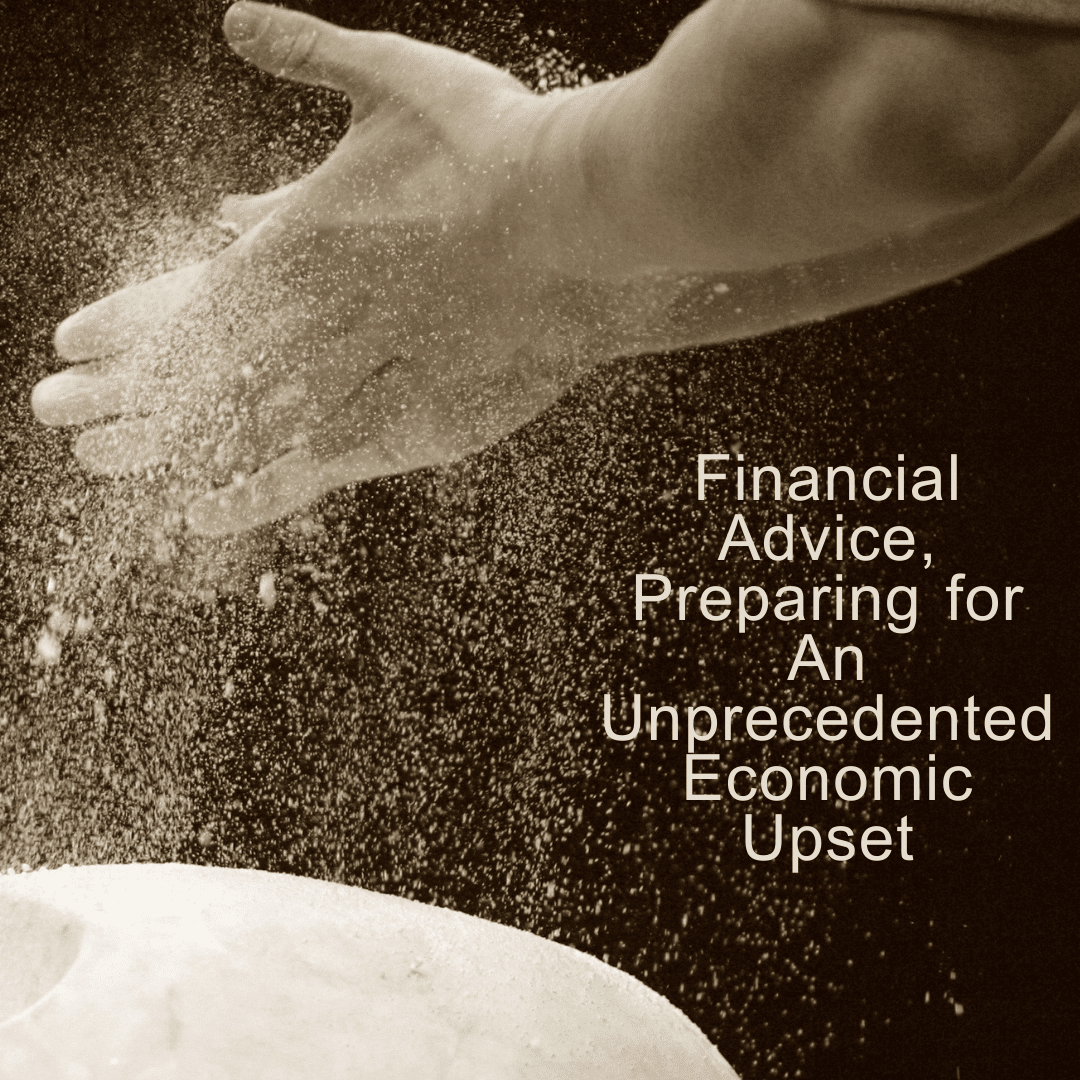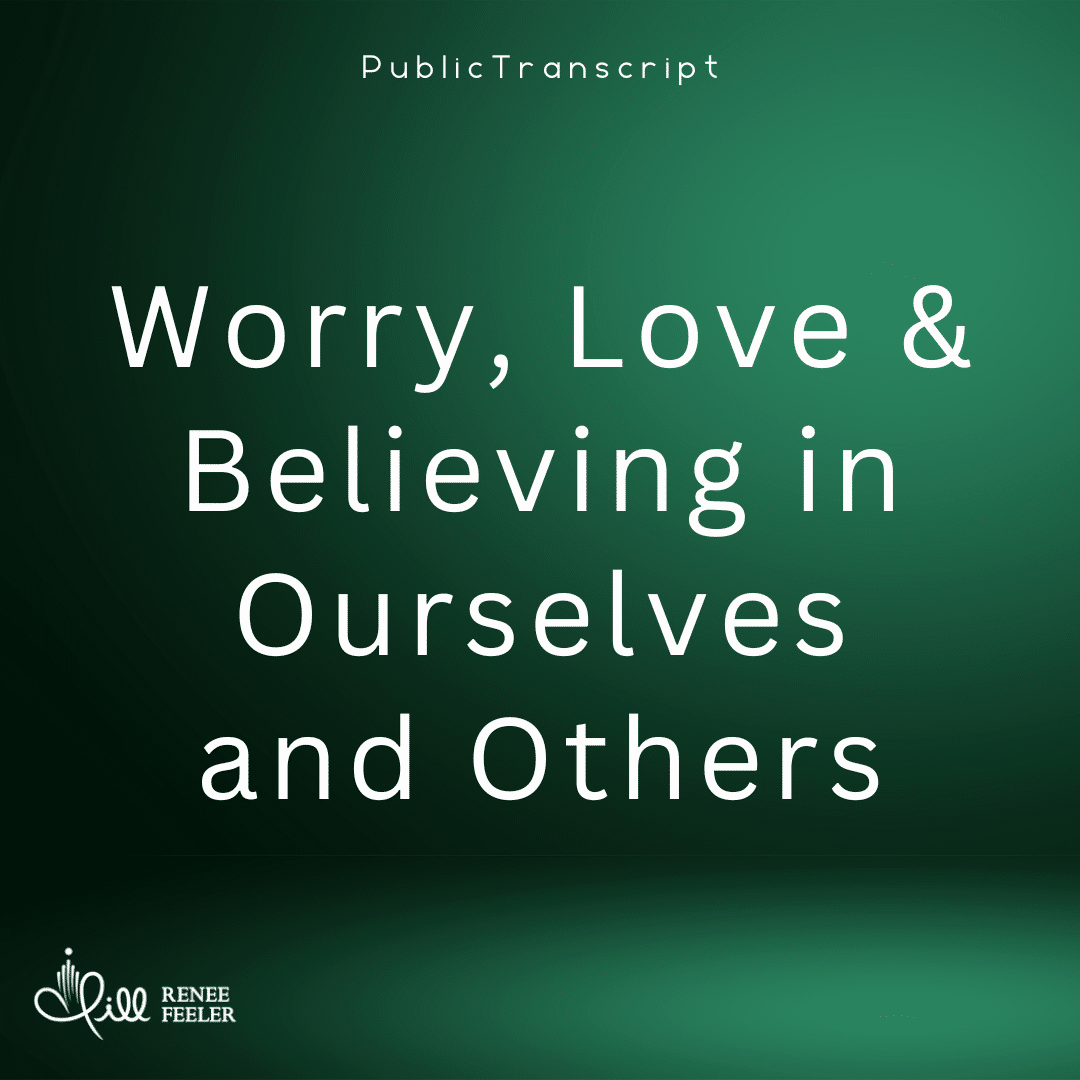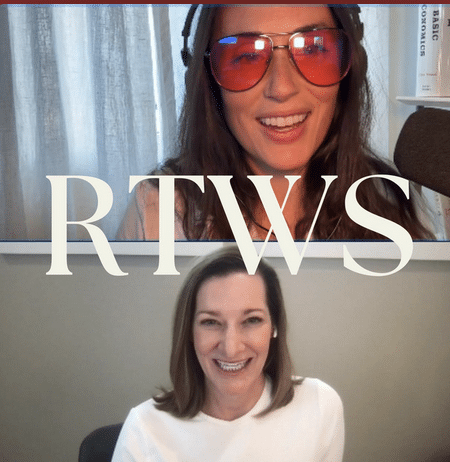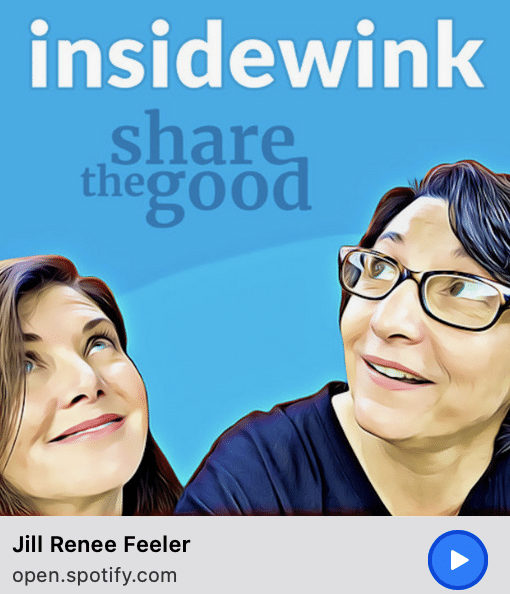 Are We or Are We Not In a Recession: An Intuitive MBA’s Take on Insufficient Economic Models
Are We or Are We Not In a Recession: An Intuitive MBA’s Take on Insufficient Economic Models
Not my usual type of post. But these are unusual times. I’ve got my Econ, Finance, MBA hats on for this one, plus my usual intuitive hat.
Debates on whether the US is or isn’t in a recession are confused by more ineffective modeling than usual. We offer the compounding factors and strategies for getting or staying more financially stable.
Forecasts for inflation, oil prices, labor supply, interest rates and investments are even less reliable than the past half century.
That doesn’t stop experts from giving their predictions. Institutions of all types rely on predictive models of the future, which informs their plans, strategies and policy.
But we have unprecedented incidences, making the predictive models even less reliable than usual.
Consider several of these simultaneously occurring, each quite incredible factors:
- Continuing supply chain constraints from economies being quite literally *turned off* during covid.
- Labor market disruptions from economic shutdown + government stipends for staying home + workforce members shifting perhaps permanently to gig economy
- Inflation (the real one, using more than the US government’s “basket of goods” calc)
- Russia-Ukraine war, its surprising start/occurrence, its affect on various industrial and consumer goods + its unpredictable timeline
- EU countries (particularly Germany) reliance on Russian oil amidst Russia-Ukraine War
- Covid-related pull back from regular activities continuing by certain population sectors
- Inexperience with recession/downturn/inflation by younger consumers (+ their pre-adult spending seems to be a bigger portion of economy than previous generations)
- Newer pressure on housing costs from large investors and from short-term rentals relative to previous generations
- Those born after 2002 have less predictable success pathways (online college (but at same cost), student loans continuing to affect economic freedom of graduates, optional college entrance exam scores, higher uncertainty of college ROI, staying at home longer, independent adulthood seeming further in distance/more uncertain than before)
- Increased overall uncertainty about future since June 2022 Roe v Wade decision for anyone in US feeling targeted by Christian-Right Republican policies at federal and state levels.
- Denialism (i.e. the world isn’t bouncing back to pre-covid and isn’t about to).
- Denialism of the above list of interacting, each relevant, variables
- Distraction + escapism made more possible by social media + 24/7 online entertainment
- One of the weakest US Presidents in history.
- Non-impartial news sources inhibiting individuals abilities to see the full breadth of relevant factors, their potential impact, the high degree of uncertainty and withholding sage advice for managing within them.
I probably missed some factors and it’s been awhile since I designed an econometric model.
Do forecasters have all these unusual factors in their models?
I don’t know. I hope they do. And modeling is definitely an art, not a science, as we discussed with our premium members at the beginning of the covid era. Some are still unmeasurable and others are more qualitative than quantitative. The above variables seem significant, each of them, even individually.
Recent debates (early Aug 2022) about whether the US is or isn’t in a recession have been confused by the above factors. The labor numbers aren’t behaving as expected relative to previous recessions because of some of the above factors. Again, the econometric and forecasting models being used don’t have the history for these unprecedented times.
Being aware of the incredibly uncertain future allows us to be more contemplative and better able to personally re-set as needed.
Waiting for leaders to adjust/correct things for us seems unwise (especially since they are relying on unreliable predictive models).
Feels like a great time to reduce one’s personal financial risk and increase efforts for inner well-being/harmony. Some ideas:
- Increase cash inflow where possible, it is not hard to find a job right now (a real job, that doesn’t cost you money to start making money)
- reduce debt,
- tighten spending,
- be realistic and not unrealistically optimistic,
- reflect on unnecessary spending habits,
- be creative about free things that bring you more joy and meaning in your life,
- discuss spending changes with spending-age children, with age appropriate reasoning
- include spending-age children in setting goals for financial improvement.
- breathe deeply and slowly with intention regularly throughout your day to center and reduce stress.
- make a game out of decreasing spending and increasing income
- watch out for scammers (which tend to increase in highly uncertain times)
- if you are an impulsive spender, with each spontaneous purchase, set a 24 hr timer before saying yes, giving yourself time to reflect. If you can’t even remember what the timer was for, you just save yourself some money
- smile
- laugh whenever possible
- walk
- get fresh air
- create new, free healthy patterns
Be discerning, patient, self-reflective and loving (of self and others).
Humans have made it through much worse. We’re still here. There are always reasons to be hopeful about the future, personally and collectively.
~ Jill Renee Feeler
Related Posts You May Enjoy








Leave A Comment